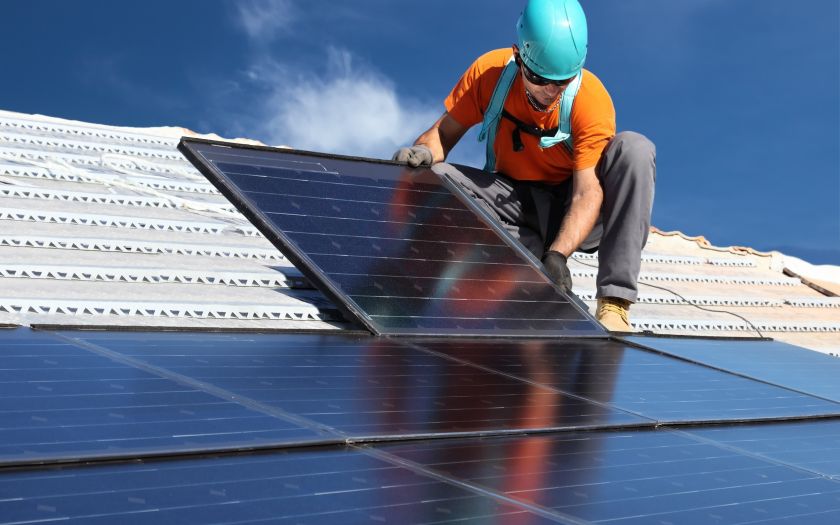News - Construction News
Driving energy investment

Energy Secretary Ed Miliband has outlined the role of Great British Energy, the UK’s new publicly-owned clean power company, as a driver of infrastructure investment, jobs and supply chain growth.
The company has already invested around £200 million in renewable energy projects on schools, hospitals and other public buildings. Solar installations are now beginning to reduce energy costs for public services, providing early evidence of the model’s impact.
Under its objectives, Great British Energy will operate as a developer, investor and owner of clean energy projects across the UK. It will work with the private sector, devolved administrations, local authorities and community groups to accelerate deployment. The government has tasked the company with placing working people and communities at the centre of the transition, expanding public ownership of clean energy while supporting job creation and regional growth.
The government expects Great British Energy to have a plan in place to become self-financing by 2030, with all profits reinvested in further clean energy projects. Strategic priorities, agreed with devolved governments, set out three areas of focus: investment in emerging and established clean technologies, strengthening domestic supply chains, and supporting community and local energy schemes.
The company is preparing a strategic plan, due within six months, to set out how these objectives will be achieved. The announcement follows the passing of the Great British Energy Act earlier this year.
CEO Dan McGrail said work is already underway to position Great British Energy as a “green growth engine” for the UK. He confirmed the company will invest £1 billion in domestic supply chains, aimed at unlocking further private investment and creating thousands of jobs. Partnerships with the National Wealth Fund, The Crown Estate and Crown Estate Scotland are expected to play a key role, particularly in offshore wind, where £1 billion of supply chain investment has already been announced.
Ed Miliband said the company represents a return to “making things and owning things in Britain,” with Great British Energy acting as a national champion to expand homegrown clean energy and reduce reliance on global fossil fuel markets.
The initiative aligns with the government’s Clean Power 2030 target and will create new opportunities for contractors and suppliers across renewables, grid infrastructure, and local energy schemes.
While the government’s announcement signals welcome momentum for clean energy, industry voices warn that without clarity on how projects will interact with the UK’s strained grid infrastructure, ambitions for large-scale deployment and meaningful community impact may fall short.
Charles Trim, Head of Commercial at Sinewave, said: “This announcement is a positive step in the right direction and we are eager to gain further clarity on the scale and scope of projects that the grants are intended to support. Should these initiatives involve integration with the grid, they will inevitably place additional pressure on an already overburdened system, one that continues to slow the deployment of PV and BESS (Battery energy storage system) projects across the UK. Conversely, if the projects are designed to operate independently of the grid, they are likely to remain smaller in scale, where achieving widespread rollout and delivering meaningful, transformative benefits to communities will present a significant challenge in relation to government targets.”
If you would like to read more stories like this, then please click here
Related Articles
More News
- Multi billion rail investment for North of England
20 Jan 26
Rachel Reeves MP, has announced a ‘New Growth Plan for the North'.
- How to Start 2026 in control
16 Jan 26
Six leadership moves for more profitable construction firms in 2026.
- Homes England boost for new homes
15 Jan 26
Homes England has agreed a £165 million financing for regional housebuilder Allison Homes.






